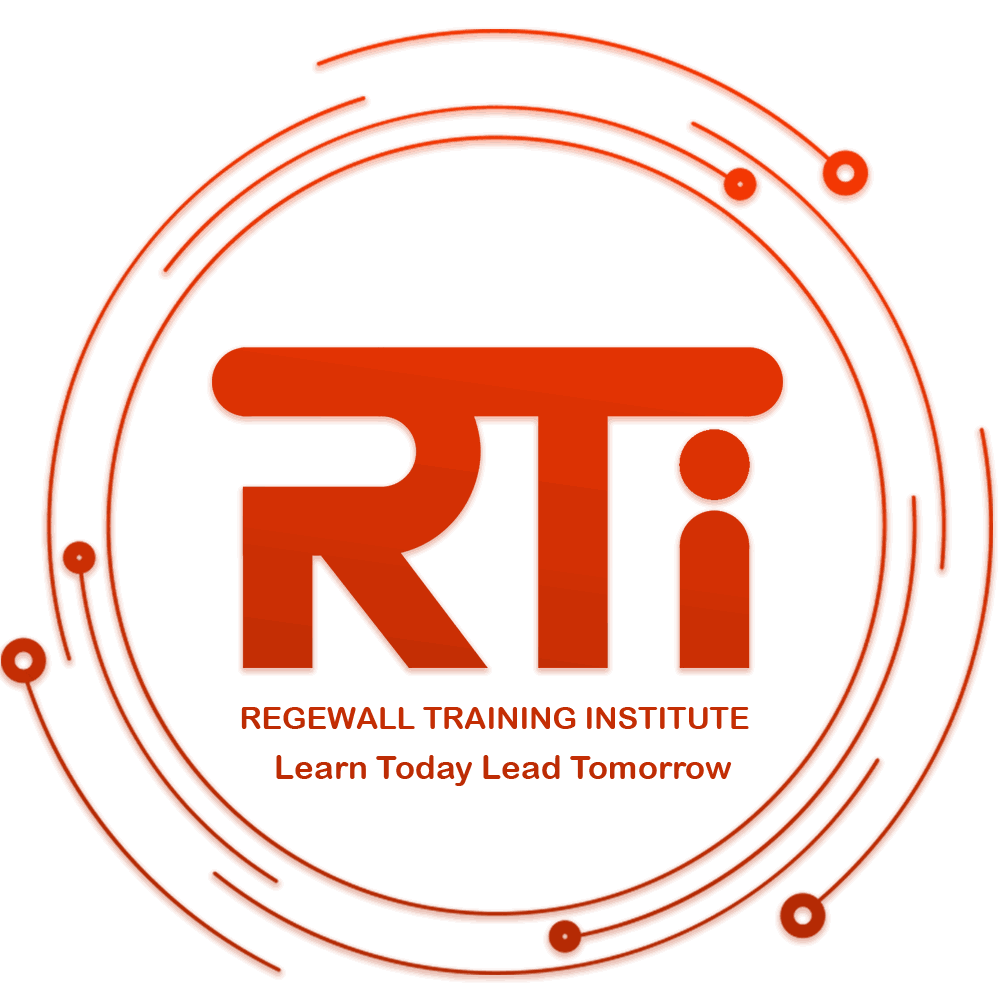Managing Project Control

About Course
In today’s rapidly changing and competitive business environment, organizations must be able to forecast the realization of value from their projects. Project management plays a crucial role in generating value by delivering impactful outcomes. However, many projects exceed their budgets and timelines, failing to meet financial and strategic goals. Often, these failures are worsened when senior management is not alerted to issues until it is too late, primarily due to project managers not effectively applying modern project planning, monitoring, control, and reporting tools.
This hands-on, 5-day Project Control training course will emphasize how applying effective control mechanisms through project management techniques can significantly add value.
Key topics covered in this RTI course include:
- The consequences of failing to identify key control points, leading to poor project performance
- A comparison of controlling techniques used in both predictive and adaptive project management approaches
- Methods for managing stakeholder expectations and controlling project outcomes
- The role of governance in supporting planning, execution, and performance management
- Practical application of planning techniques to help control project scope, schedule, costs, risks, and quality
This Managing Project Control training course is designed to provide participants with the essential skills and expertise required to implement efficient project control systems through comprehensive governance frameworks and proven methodologies.
Upon completion of the training course, participants will be able to:
- Determine the most suitable project management methodology—whether adaptive or predictive—tailored to the unique requirements of their project environment.
- Effectively navigate organizational governance structures, ensuring timely engagement with senior leadership to drive project success.
- Minimize scope creep by adeptly managing stakeholder expectations related to project objectives and deliverables.
- Develop robust baseline plans that serve as reliable benchmarks for tracking project performance.
- Excel in project execution by mastering monitoring techniques and managing changes proactively.
The facilitator will introduce each of the core topics using a lecture format. Presentations are supported by reinforcement exercises to emphasize the application of theory in real-world project settings. The Energy training course commences with an overview of the nature of projects and the fundamentals of project management. This enables delegates to reflect on how a project management framework supports effective control processes. The early sections of the course explain how to establish the work to be done and use this information to develop a comprehensive plan that guides different aspects of this work. Various techniques on how to control detailed planning of scope, schedule, cost and risk are introduced. Techniques on how best to control project execution are then explored. These techniques include variance analysis, change management, and effective progress reporting.
This Regewall Training Institute course is suitable for a wide range of professionals but will greatly benefit:
- Associate project managers
- Project managers
- IT project managers
- Project coordinators
- Project analysts
- Project leaders
- Senior project managers
- Team leaders
- Product managers
- Program managers
- Project sponsors
- Project team members
Day One: Understanding How Projects Lose Control – Success and Failure
- Characteristics of projects
- Fundamentals of project management
- Project Governance – controlling project selection
- Project Governance – controlling project commencement using the charter
- Controlling understanding – effective kickoff with the project team
Day Two: Enabling Control through Core Planning Techniques
- Controlling what is to be delivered – requirements collection & detailed specifications
- Controlling how it will be delivered – work breakdown structures
- Controlling when it will be delivered – building the schedule baseline
- Controlling stakeholder expectations – optimize the schedule
- Controlling how much the delivery will cost – estimation and construction of the project budget
Day Three: Enabling Control – Additional Planning Techniques
- Controlling uncertainty – risk management
- Controlling stakeholders – communications considerations
- Controlling adversity through effective contingency planning
- Flexible management – issues management
- Measurement techniques to control project performance
- Controlling information – status reporting
Day Four: Monitoring and Controlling Project Performance
- Variance analysis using Earned Value Management
- Forecasting to control project budgetary and schedule concerns
- Managing change
- Advanced status reporting techniques
Day Five: Controlling Project Closure & Addressing Unpredictability
- Scope verification – requirements traceability
- Management of project records
- Continuous learning techniques through project retrospective
- Controlling project close-out
- Controlling volatile environments – adaptive project management
- Contrasting control mechanisms between predictive and adaptive project management

